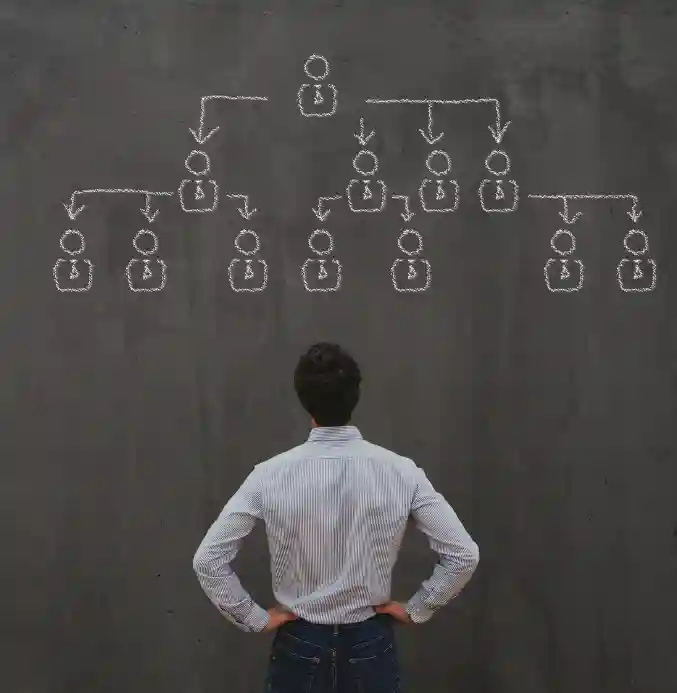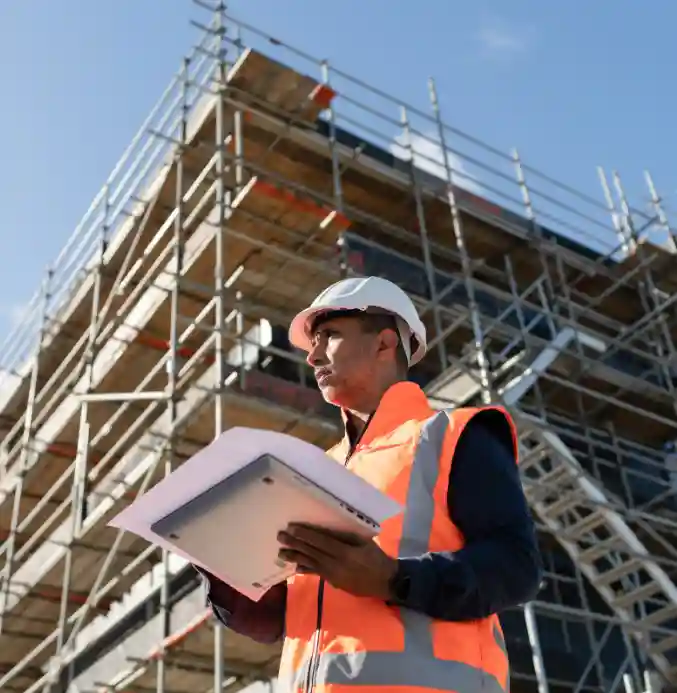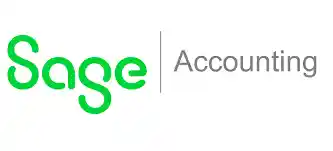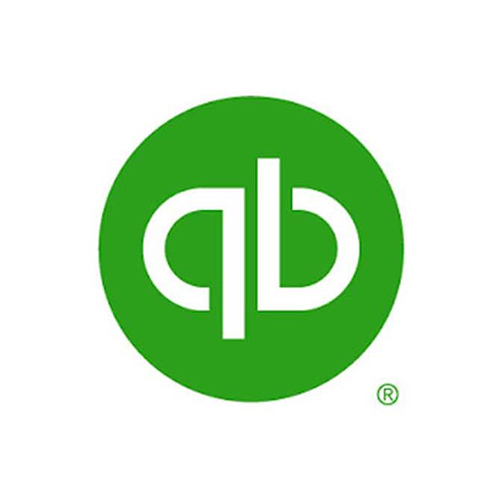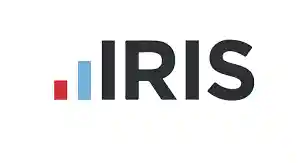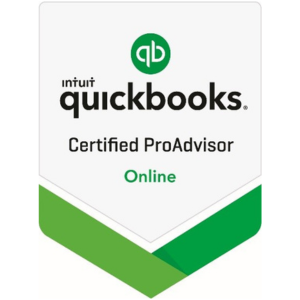What is Making Tax Digital (MTD)?
Making Tax Digital (MTD) is a government initiative that aims to make tax administration more efficient, more effective, and easier for taxpayers. It requires businesses and self-employed individuals to keep digital records and use MTD-compatible software to submit their tax returns to HMRC. This shift to digital reporting is a core part of current legislation, meaning all qualifying returns must be sent online, and all your business dealings must be recorded digitally in the correct way.
MTD is gradually being rolled out, affecting different groups at different times. Staying ahead of these changes is key to smooth operations and avoiding penalties.
Key Areas Affected by Making Tax Digital
The transition to a fully digital tax system is a significant shift, and HMRC is implementing Making Tax Digital in phases, gradually extending its reach across different taxes and business types. While the initial focus was on VAT, the future of MTD will soon touch most self-employed individuals, landlords, and eventually other business structures. Understanding which areas of your business will be impacted, and when, is vital for proper planning and to ensure you remain fully compliant.
Here are the main areas Worthwhile Accountancy can help you with:
1. VAT Reverse Charge for Construction Industry Scheme (CIS)
MTD for VAT means VAT-registered businesses must keep digital records and submit their VAT returns using MTD-compatible software. For those in the construction sector, this also ties into the CIS: Construction Industry VAT reverse charge. This specific rule means that the customer, rather than the supplier, is responsible for accounting for the VAT on certain construction services. It’s a complex area, and digital record-keeping is essential to get it right. Worthwhile Accountancy helps you set up the correct systems and ensures your VAT returns accurately reflect reverse charge transactions. If your business operates under CIS, you can find more specialised support on our CIS Accountant service page.
2. Digital Reporting and Record Keeping
Beyond the reverse charge, all VAT-registered businesses must fully adopt digital record-keeping for VAT. This means using approved software to record sales, purchases, and other transactions, and then using that software to send your VAT returns directly to HMRC. We help you transition to these digital systems, making the process straightforward and seamless.
1. Impact on Sole Traders and Landlords
Soon, MTD for Income Tax Self Assessment will require most self-employed individuals and landlords with income over a certain threshold to keep digital records of their income and expenses and send regular updates to HMRC through MTD-compatible software. This moves away from the traditional annual tax return process for many. You might have even received an HMRC letter detailing these upcoming changes. Our article titled HMRC letter: Your Guide to Making Tax Digital for Income Tax will talk you through this in more detail, or speak to an accountant now.
2. Preparing for Changes
While the full rollout is still upcoming for many, preparing your accounting systems now is a smart move. Worthwhile Accountancy can help you understand if and when MTD for ITSA will affect you and assist with setting up suitable digital record-keeping practices.
1. PAYE and Digital Payroll
Though not strictly part of the “Making Tax Digital” banner, Real Time Information (RTI) for PAYE aligns with HMRC’s digital agenda. It requires employers to report payroll information to HMRC on or before the day employees are paid. This means up-to-date, accurate digital records are crucial for your payroll. Our payroll services ensure your RTI submissions are always on time and correct, keeping you compliant.
How Worthwhile Accountancy Supports Your MTD Compliance
For many businesses, the shift to Making Tax Digital can seem like another layer of complexity, adding to an already busy workload. Understanding the precise rules for digital record keeping, choosing the right software, and ensuring every submission is correct and on time can be a significant source of worry. Errors in MTD filings can lead to penalties from HMRC, impacting your finances and peace of mind.
This is where Worthwhile Accountancy steps in. We act as your expert guide and support team, simplifying your journey to full MTD compliance. Our goal is to remove the burden from your shoulders, allowing you to focus on your core business activities while we handle the digital tax requirements with precision and care.
Worthwhile Accountancy can take care of this for you, saving you hassle and time. We offer:

Get Ready for Digital Tax
Don’t let Making Tax Digital become a burden. With Worthwhile Accountancy, you gain peace of mind knowing your business is fully compliant and operating efficiently in the digital tax era.
Contact Worthwhile Accountancy today to discuss your individual requirements and get your business set for the digital future.
Tailored MTD for Your Business
“We are a company based in Manchester, and Worthwhile Accountancy has supported us since 2019 on a remote basis. This works really well as they are always quick to respond to our needs/issues and we feel they are part of “our team”. Nothing is too much trouble and they keep us well informed of government changes, payment deadlines etc etc.”
FAQs
Currently, MTD for VAT is compulsory for all VAT-registered businesses. MTD for Income Tax Self Assessment (ITSA) will become compulsory for self-employed individuals and landlords with qualifying income from April 2026. Different deadlines apply based on your business type and income.
You need to keep records of your sales, purchases, and a summary of your income and expenses. This must be done using MTD-compatible software or linked digital records. Paper records alone are not enough for MTD.
You can use spreadsheets to record your transactions, but they must be linked to MTD-compatible software using what HMRC calls “bridging software.” This software connects your spreadsheet data directly to HMRC’s system for submission.
HMRC can issue penalties for not keeping digital records, not submitting returns through MTD-compatible software, or for submitting returns late. Ensuring compliance is essential to avoid these charges.
We help businesses of all sizes switch to MTD-compliant systems. This includes choosing and setting up software, training, ongoing bookkeeping, preparing and submitting your MTD VAT returns, and advising on any specific MTD for ITSA changes that affect you. We save you time and ensure you meet all legal duties.
Our Partners & Accreditations
Request a callback
“Handling your own accounts and taxation can be complex and time consuming. Lack of experience can lead to serious problems in your business, which can easily be avoided. By taking expert advice, any discrepancies are spotted early and dealt with before they become a problem.”
Nicky Nevison – Worthwhile Accountancy


